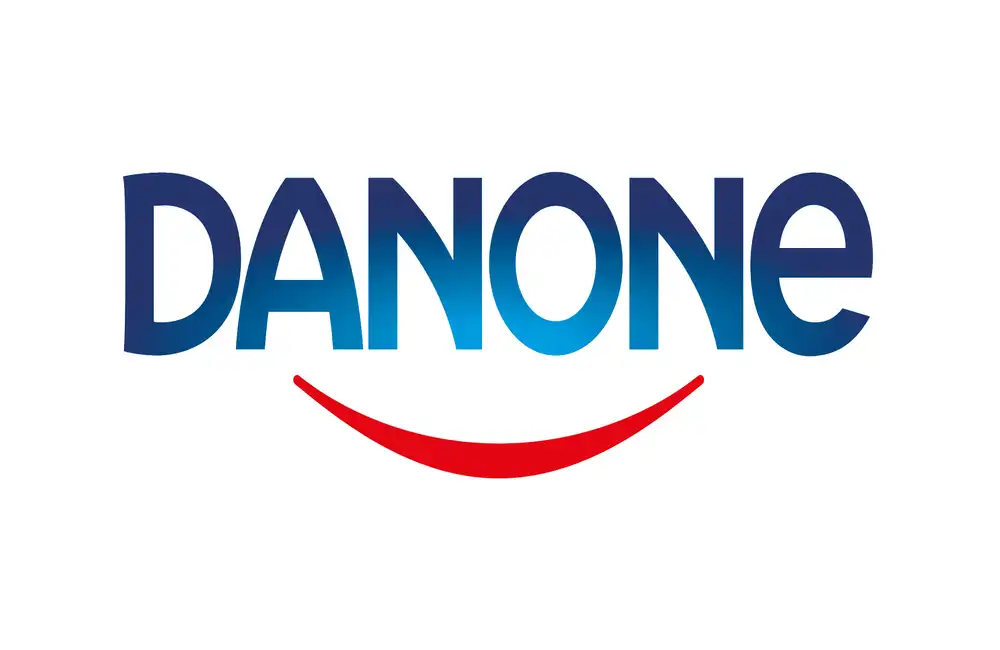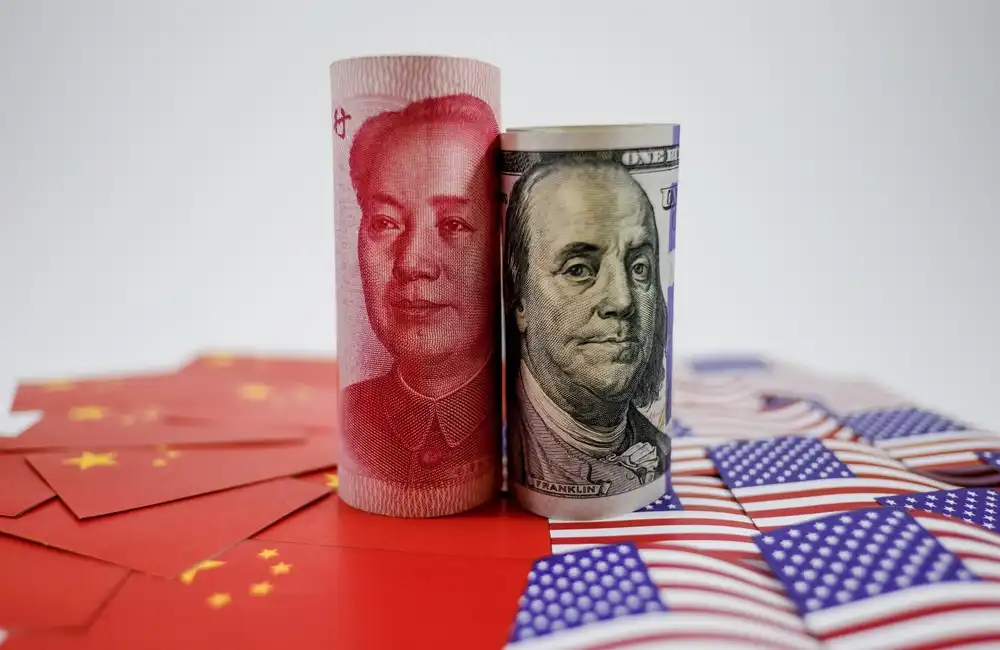Danone's recent announcement to strip artificial colours from its product lines is more than just a nod to public demand for cleaner labels.
It signals a broader trend in consumer goods where ESG standards increasingly shape corporate strategy and investment narratives. Danone’s bold dye-free move positions it as a leader in sustainability—and a potential premium play for alert investors.
ESG Strategy
Product Lines Affected
Danone will reformulate Activia yoghurts, Evian water, infant formulas and its Alpro/Silk plant-based range to remove artificial colours, anticipating stricter EU additive rules.
Consumer Sentiment as a Key Driver
Buyers—especially Millennials and Gen Z—pay more for natural, transparent products. Danone’s dye-free pledge sends a message of authenticity and responsibility in a social-media–amplified market.
Stock Implications
Danone’s strategy shines a spotlight on ESG leaders across consumer goods. Consider:
- Unilever: Ambitious net-zero and compostable-packaging goals under its “Compass” plan.
- Nestlé: Regenerative agriculture, water stewardship and paper-based packaging for KitKat and Smarties.
- Procter & Gamble: “Ambition 2030” targets include halving emissions and 100% recyclable packaging for Tide and Ariel.
Actionable Tips
- Explore ESG-Focused ETFs: Diversify via funds like iShares MSCI World ESG Screened or SPDR S&P 500 ESG ETF for broad, sustainable exposure.
- Review Individual ESG Leaders: Select Danone, Nestlé or Unilever stocks, using tools from Morningstar or MSCI to balance ESG ratings with financials.
Subscriber Insight
Advisor’s Gateway subscribers received this ESG deep-dive first—ensuring they’re ahead of market-shaping sustainability trends.
Colour Us Impressed
Danone’s dye-free commitment isn’t just branding; it’s a directional signal for consumer goods investing. Subscribe today to our fortnightly newsletter for the ESG insights and stock picks that matter most.



















